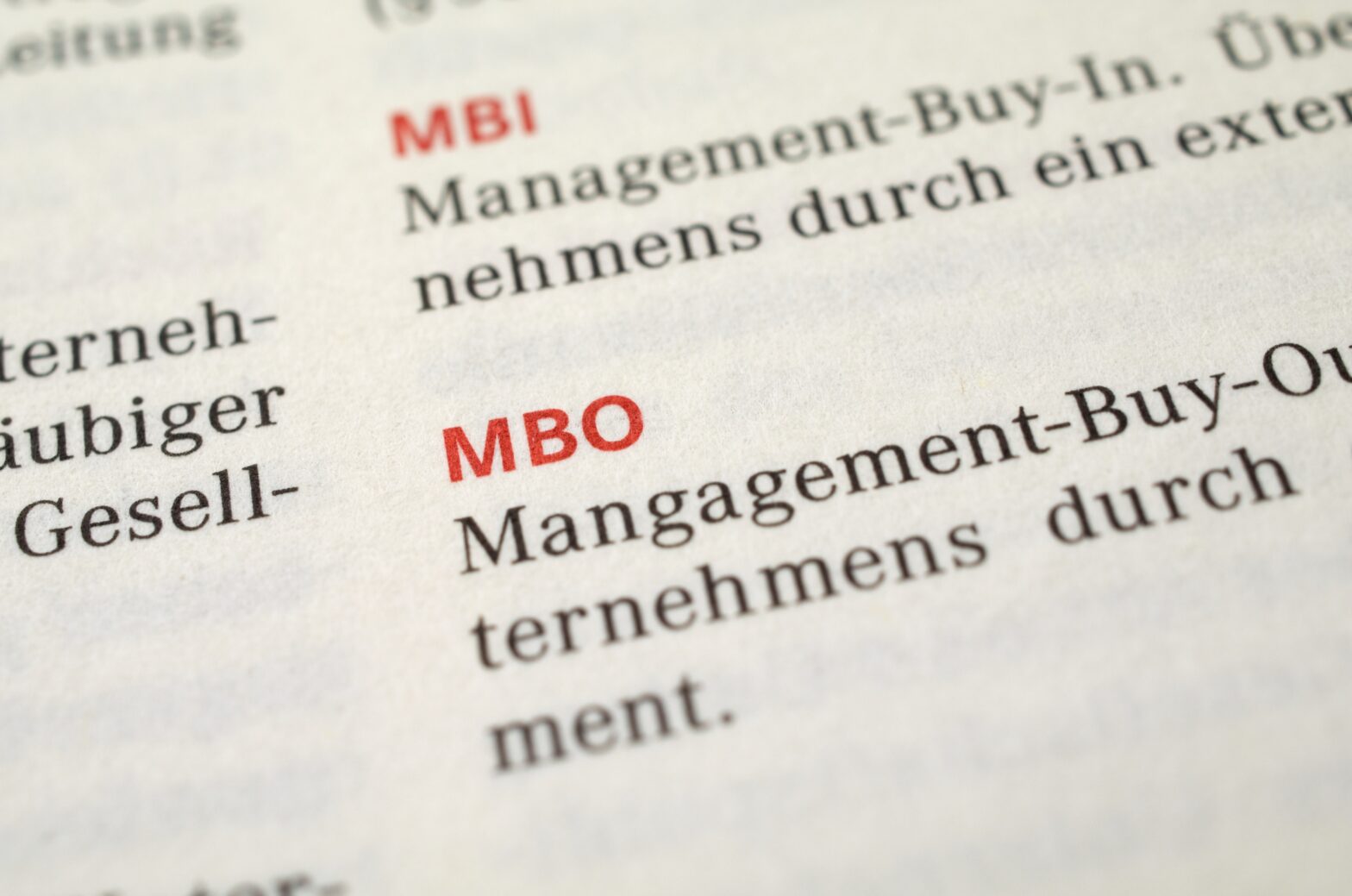Global M&A activity by UK acquirers reached £4.2 billion between October and November, a dramatic drop on the corresponding period last year when UK outbound activity hit £15 billion.
Tightening credit markets and a collapse in buy-out activity have taken their toll on the number of deals closed by UK dealmakers worldwide as transactions valued over US$5 million (£3.4 million) tumbled from 161 to 31 over the same period, according to data analyst mergermarket.
The appeal of North American corporates as a means of achieving long-term strategic growth has positioned the region at the top of the global M&A totem pole, with UK buyers closing 261 deals – spending a total of £71 billion over the last two years. Of these transactions, 229 deals homed in on US targets.
Keller Group’s recent acquisition of Craig Olden Inc is one such deal. The highly acquisitive, international ground-engineering specialist bought the Texan soil retention contractor in November in a cash deal worth $13.5 million, which includes the assumption of debt.
Olden, which provides soil-nailing services to the Texas Department of Transport, is one in a long line of US deals for the London-based engineering group, which has been steered by Justin Atkinson for the last 18 years. For the most part, he explains, Keller’s international acquisition strategy has focused on the fragmented US construction market. However, deals have also been written in parts of Europe and Australia.
“We have bought out businesses over the best part of 15 years. When we look for acquisitions, the target tends to bring a new geography or new techniques to the group. With regard to Texas-based Olden, we already had offices in the Dallas-Fortworth area, but didn’t have a strong presence in the earth retention sector,” the chief executive notes.
“In the US we operate as six separate companies with 60-70 locations. The construction market is a specialised, local market, so it is important to have offices in locations close to our clients.
International growth
Tradition forces, such as expanding geographic markets, new technology and innovative products have been key drivers of Keller’s international acquisition strategy. This growing international presence has offset trickier times in the UK, where house builders and construction businesses have been hit by a shortage of available funds and a falling demand for housing.
According to the Royal Institution of Chartered Surveyors (RICS), UK building projects fell to their lowest level for more than a decade in the first three months of the year. In contrast, Keller posted pre-tax profit of £103 million on a turnover of £955 million in December, and expects sales to reach “well over £1 billion” this year as a result of strong global markets. He lays particular emphasis on the decentralised business model, which empowers local managers in different geographies “to get on and run their businesses”.
Atkinson renegotiated Keller’s bank facility in July, providing the group with the ammunition to continue its overseas acquisition spree. “Our debt levels are never very high, so we are looking to fund deals with cash,” the self-assured CEO notes.
“We will continue to buy businesses through the cycles. We haven’t turned off the acquisition tap because of global financial issues. We still have capacity to make acquisitions – we just have to make sure the price makes sense.”
Post-deal integration
Key to realising potential is post-deal integration and retaining key managers in the acquired business.
“In the US, the management team is American. It’s important that local businesses are run by the nationals of that country, so that they are able to negotiate properly and understand the different nuances of people’s national characteristics,” says Atkinson.
Mark Thompson, an American and a partner at law firm King & Spalding, tends to agree. He underpins the importance of conducting “cultural” due diligence during M&A to provide an insight into the cultural differences between the acquiring and selling company.
He warns: “There are a lot of deals that look good on paper, but can have difficulties down the road because the acquirer and the target don’t see eye to eye. It happens all the time – and shouldn’t be underestimated.”
“The companies that are successful at doing cross-border acquisitions are the people who can master those differences the best,” he says.
Cross-border challenges
Although Atkinson details the Olden transaction as one that was “straightforward” and not particularly “out of the ordinary”, Thompson notes that dealmaking in the US can prove more challenging than in the UK in terms of regulatory compliance and containing unforeseen costs.
He believes that evaluating the target’s internal controls is vital to reduce the risk of inheriting major problems when purchasing a company. “UK acquirers need to be aware of the environmental rules as there can be some large liabilities lurking. If there is a problem, acquirers could come across some higher monetary consequences because of litigation issues,” observes Thompson.
Due diligence should include another widely publicised risk for US deals, such as compliance with the US Foreign Corrupt Practices Act (FCPA). The FCPA prohibits bribes and other corrupt payments to foreign government officials by US companies, non-US companies with listed US securities and others that have US ties.
“The regulatory framework is much more stringent in this respect, as US companies can be held responsible for bribing foreign officials. You cannot grease the wheels to get products through,” Thompson warns.
In his opinion, UK acquirers should also be mindful of US national security laws and their impact on M&A. The Treasury Department’s Office of Foreign Assets Control (OFAC) rules enforce economic and trade sanctions against countries and groups of individuals involved in terrorism, narcotics and other undesirable and illegal activities.
“As a US entity you cannot trade with Cuba. This not only restricts the new US subsidiary, but in terms of operations and products can ultimately prohibit the parent company from trading,” he adds.
David Roberts, partner at Olswang, says: “In any foreign jurisdiction, there will be many similarities on a macro level, but it would be unwise to assume that the systems of law are the same. In the United States, they vary from state to state and also at a federal level.”
Positioned on the highest rung of global M&A dealmaking, the market is clearly competitive. Thompson predicts the number of Europeans choosing to expand into the region could fall away if the dollar continues to strengthen.
“Compared with the UK, I still think the US is a cheaper place to do acquisitions. Just as anywhere, you have to be aware of the regulatory framework that you are going into.”
Also see: M&A trends to watch out for







